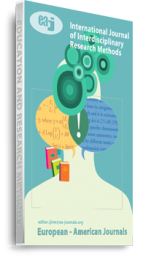The purpose of the study was to examine the effect of motivation on job satisfaction of lecturers in the Technical Universities of Ghana. Two research hypotheses were formulated to direct the study. Descriptive survey design was used for the study. The accessible population comprised full-time lecturers and four Technical Universities. The Universities were selected through stratified random sampling technique. Purposive sampling technique was applied in selecting all the full-time lecturers. A sample of 400 lecturers was used for the study. Questionnaire was the main instrument used to elicit responses from the lecturers. The reliability coefficient of 0.74 was obtained from the pre-test. Pearson product moment correlation coefficient and linear multiple regression were used to analyze the data. The findings were discussed in relation to the literature. The study established statistically significant and positive relationship between motivation and job satisfaction of lecturers. Motivation was found to have statistically significant effects on lecturers’ job satisfaction. It was recommended among others that Management of the Universities should sustain the use of motivation for lecturers. Ministry of Education needs to accelerate its efforts to make pay reward and fringe benefits more attractive to motivate lecturers and increase their satisfaction level for lecturing.
Keywords: Extrinsic Motivation, Fringe benefits, Intrinsic Motivation, Job Satisfaction, ill-motivated, pay reward

